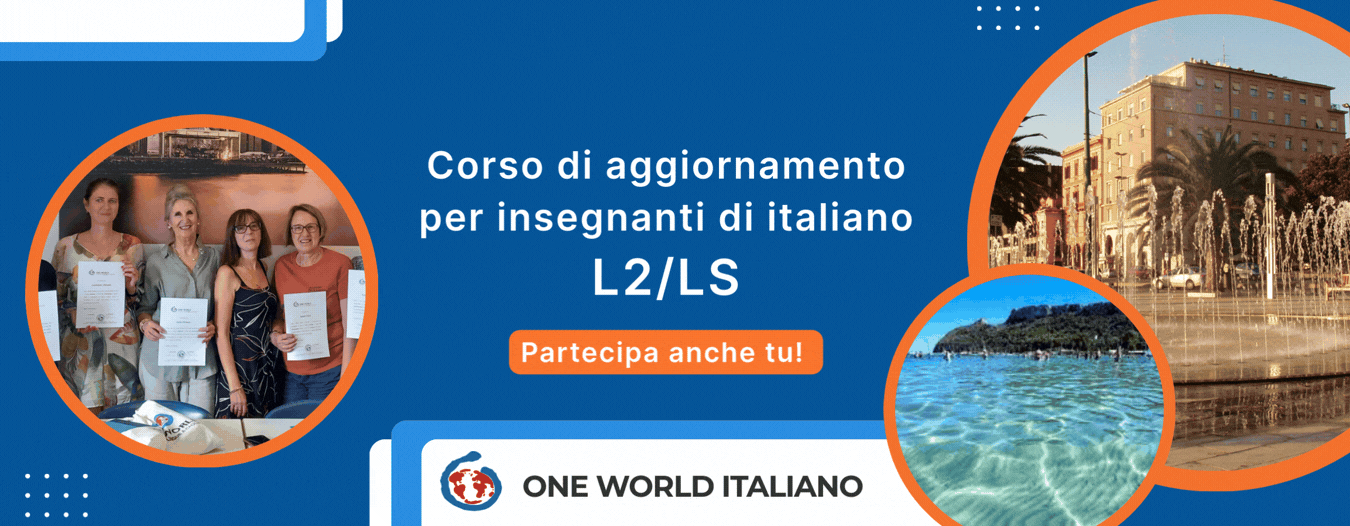Italian Combined Direct and Indirect Pronouns
Test your knowledge of Italian Combined Direct and Indirect Pronouns with this interactive exercise. See also: Italian Grammar: Combined Pronouns Italian Combined Pronouns Choose the correct statement Italian Combined Pronouns Fill in the missing words
Read more

